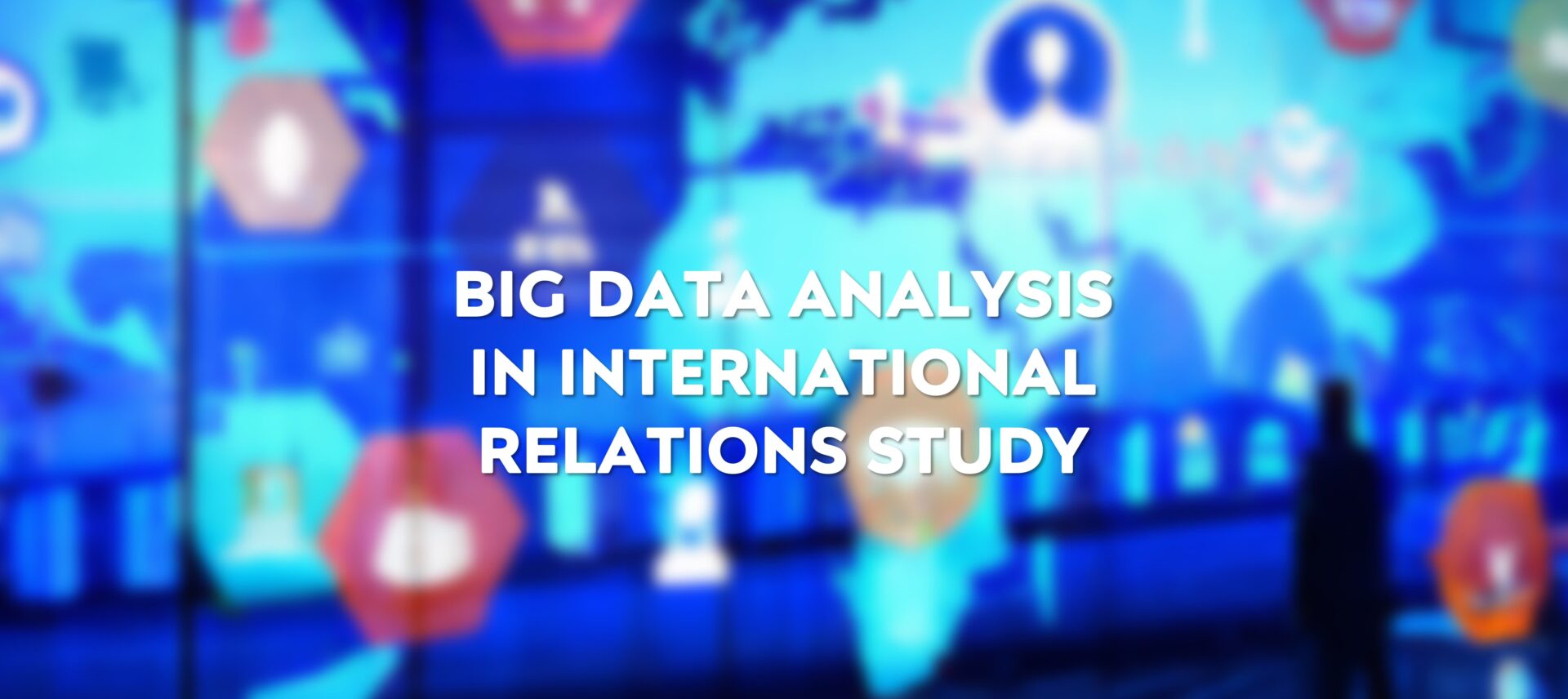The Relevance of Big Data Analysis in the Study of International Relations

In today’s interconnected world, international relations play a crucial role in shaping global politics, economies, and societies. Understanding the complex dynamics of international relations is vital for policymakers, analysts, and scholars alike. In recent years, the emergence of big data has revolutionized various fields, and the study of international relations is no exception. This article explores the relevance of big data analysis in enhancing our understanding of international relations.
Unprecedented Data Availability
Big data refers to the vast amount of structured and unstructured data generated from diverse sources, such as social media, online platforms, satellite imagery, and government records. This unprecedented availability of data provides researchers with an invaluable resource to explore international relations with a level of depth and granularity previously unimaginable.
Enhanced Predictive Capabilities
One of the key advantages of big data analysis in international relations is its ability to improve predictive capabilities. By analyzing large volumes of data, researchers can identify patterns, correlations, and trends that can assist in predicting geopolitical events, conflict escalation, economic trends, and social unrest. This analytical approach can help governments and organizations make more informed decisions and develop effective strategies to mitigate potential risks.

Understanding Public Opinion and Sentiments
Public opinion and sentiments play a significant role in shaping international relations. With the advent of social media and online platforms, people around the world have a platform to express their views and sentiments on various global issues. Big data analysis enables researchers to analyze and interpret these vast streams of data to gain insights into public opinion and sentiment dynamics across different countries and regions. This understanding can be instrumental in shaping diplomatic strategies, public diplomacy efforts, and crisis management.
Identifying Emerging Threats and Challenges
Big data analysis offers the potential to identify emerging threats and challenges in the realm of international relations. By analyzing data from diverse sources, researchers can detect early warning signals related to security threats, terrorist activities, disease outbreaks, and environmental issues. This information can be utilized to develop proactive measures, enhance preparedness, and strengthen international cooperation to address these challenges effectively.
Policy Formulation and Evaluation
Effective policymaking requires accurate and up-to-date information. Big data analysis provides policymakers with access to a vast array of data that can inform their decision-making processes. By analyzing large datasets, policymakers can identify trends, evaluate the impact of previous policies, and design evidence-based strategies. Additionally, big data analysis allows for real-time monitoring of policy implementation and evaluation, enabling policymakers to make timely adjustments when necessary.
Challenges and Ethical Considerations
While big data analysis holds tremendous potential for the study of international relations, it also presents challenges and ethical considerations. Ensuring data privacy, protecting personal information, and maintaining data security are critical concerns that need to be addressed. Additionally, biases in data collection and analysis must be carefully considered to avoid reinforcing existing prejudices or inequalities.
In conclusion, big data analysis has significantly enhanced the study of international relations. By harnessing the power of big data, researchers can gain unprecedented insights into global dynamics, predict future events, understand public opinion, identify emerging threats, and formulate evidence-based policies. However, it is essential to navigate the challenges and ethical considerations associated with big data analysis to ensure its responsible and constructive use in the field of international relations. As technology continues to evolve, the potential of big data analysis in understanding and shaping global affairs is likely to expand, offering exciting opportunities for researchers, policymakers, and analysts alike.
Read the article about some possible research agenda regarding the issue here.
Read This Article in Bahasa Indonesia
